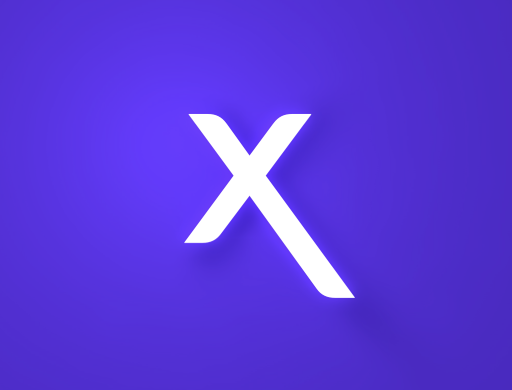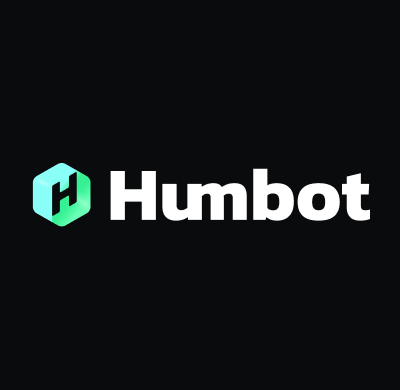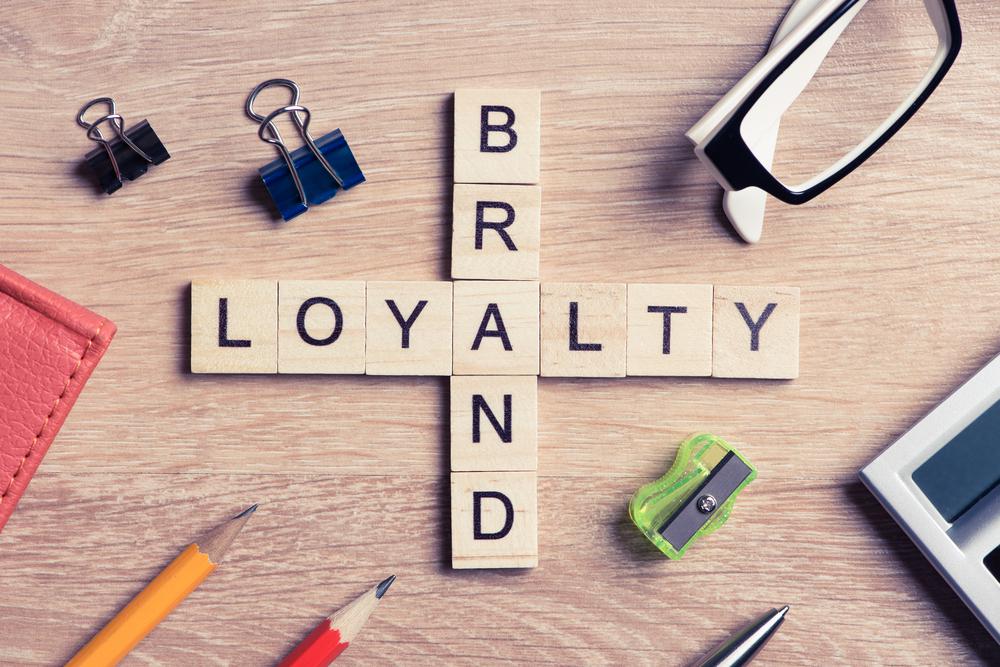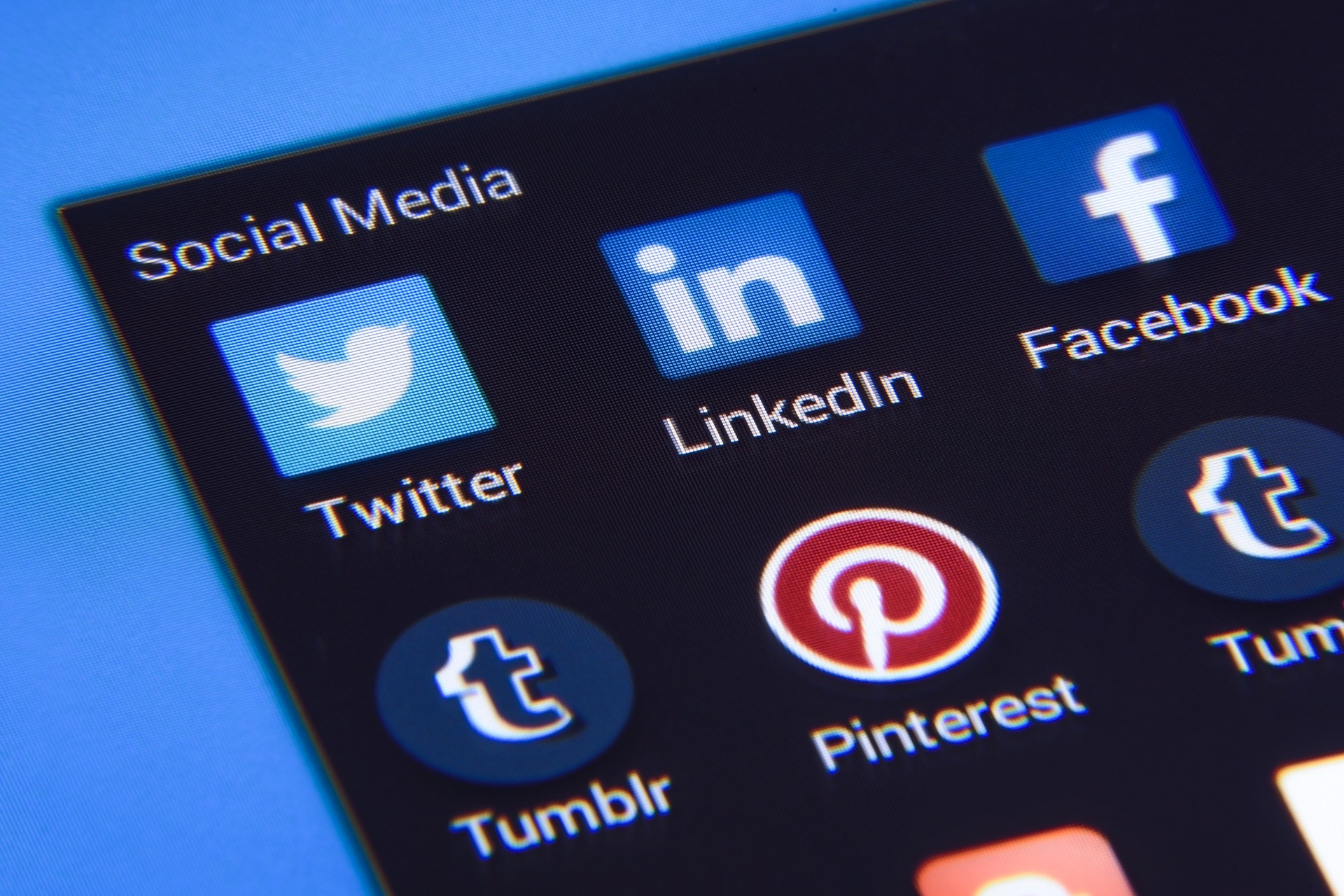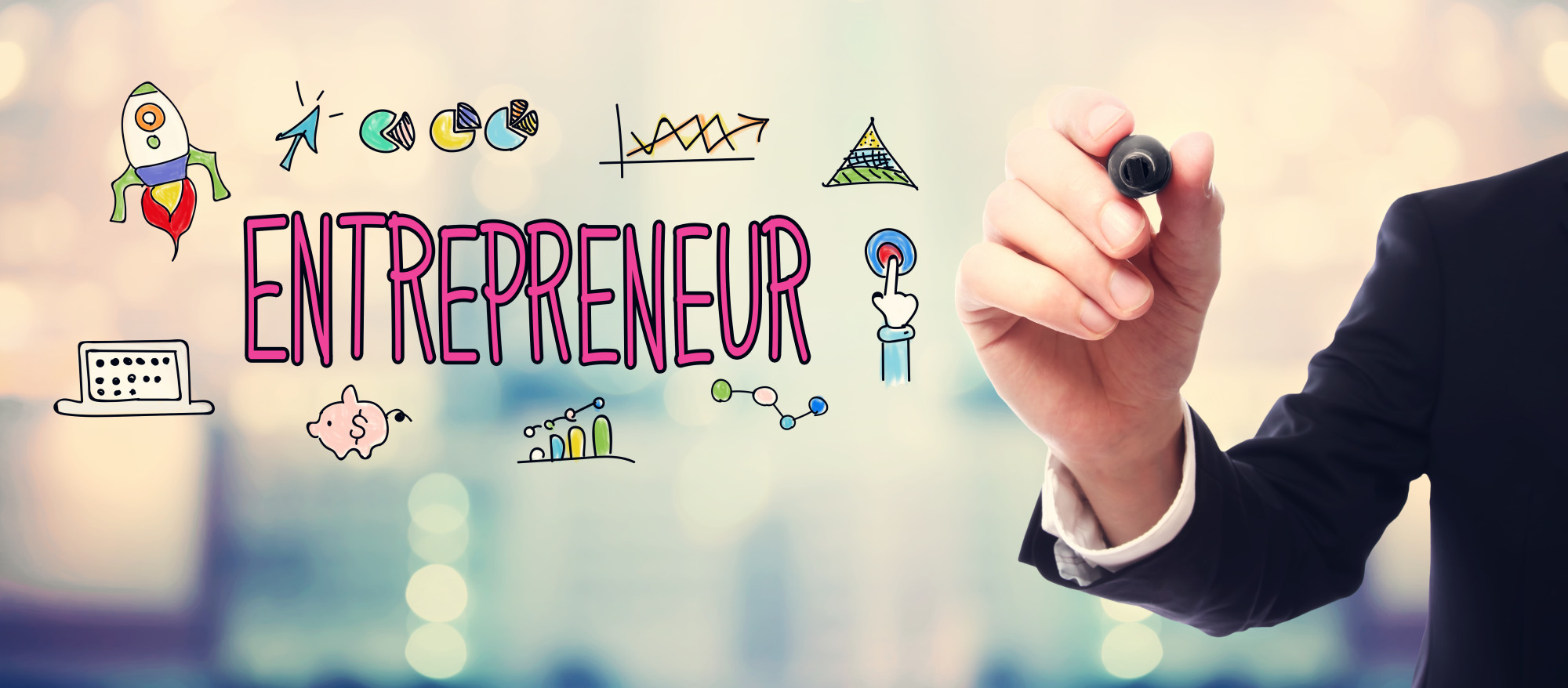
Millennials are often referred to as Generation Z, and more specifically if they’re born between the mid-1990s and 2010. Unlike the baby boomers, this generation grew up through trying financial times and a lack of stability.
This generation is unlike all others, they know what they can get from hard work and they are determined to succeed, be rich and also help better the world that we’re living in. In order for them to do this, technology will be a vital part of how employees will work and live within the future of the workplace.
Although it is unknown how the youth of today will act when it comes to team building activities. Together with Impact International, we explore the differences between how Gen Z feel towards teamwork and the workplace within a digital landscape, compared to past generations who relied on face-to-face communication.
Employees in the workplace
Young people prefer to learn whilst they work and acquire the new skills when they need them as oppose to when the older generation would train for a specific role – young people want to be open to opportunities. By furthering their specific interests within the workplace, this generation learns by focusing in on online courses, online books, articles, videos and other digital mediums to learn and progress as they go.
People have argued that with the younger generation being more open to opportunity and change, they will be able to adapt to any sort of working environment that they need to – whether this is a new job or a higher role within a company.
Change in the workplace
Young people in the workplace need to be given more control by post-generation supervisors. This is so their creativity is able to stand on their own two feet. If employees within this demographic feel as though they aren’t able to innovate and progress, this will lead to their performance being stifled in the workplace – contributing to a lack and motivation, or an attempt to leave the organisation.
They want to be able to move up the ladder, whether this means working around the company and gaining experience in all departments, or heading straight for the top job. Currently, workplace managers seem to be coming around to the idea that young employees are the future and can make a beneficial impact on a business.
Working in teams
With Generation Z eager to learn more and acquire more skills, what does this mean when it comes to team development? Millennials are interconnected, using social media as a platform to always keep in touch with other people. However, this doesn’t necessarily mean that they’re always ready to engage in teambuilding in the traditional sense.
By performing individual tasks that contribute to a team initiative, Gen Z feel as though they are retaining their individuality, whilst still contributing towards something greater than themselves. This is unlike workers of the past, who would usually work together in less isolating environments so that a job was completed. In more horizontal forms of management, where responsibility is spread over a number of individuals, to become influential takes time and effort on the individual’s behalf so that other workers can recognise the importance of their contributions.
Millennials understand that if they want to succeed, they have to have a great work ethic and a lot of these young, aspiring people identify with the working world. 79% of millennials feel that culture-building activities in the workplace are vital when it comes to their progression. However, only 41% of baby boomers aged 51-60 felt the same, which suggests that although Gen Z want to be individuals, their identity is linked to the work that they do every day.
